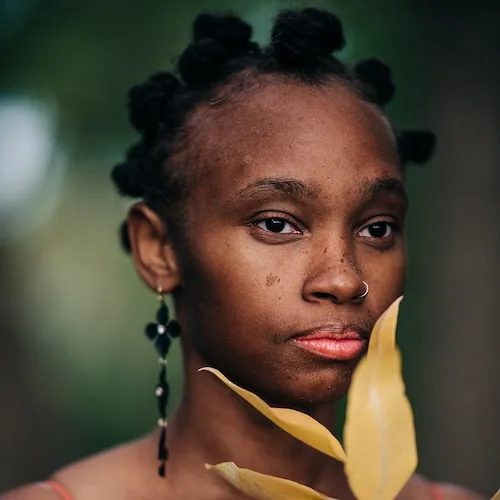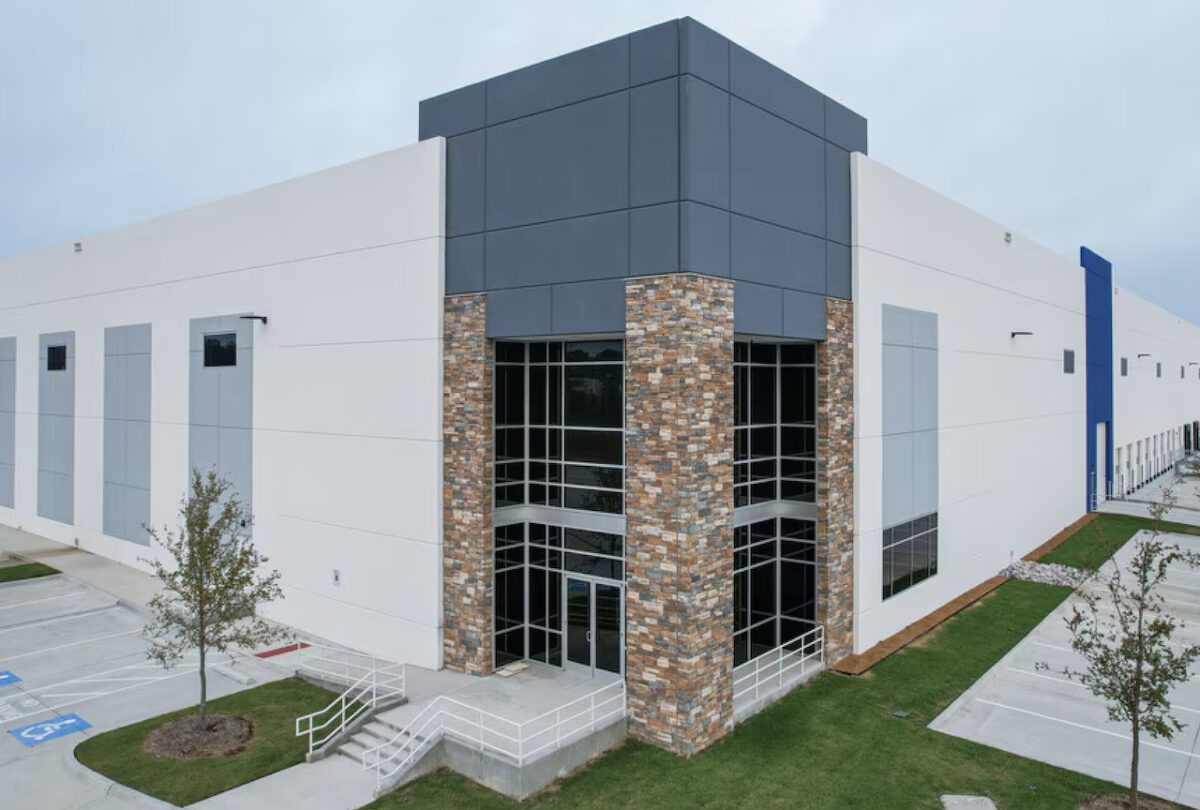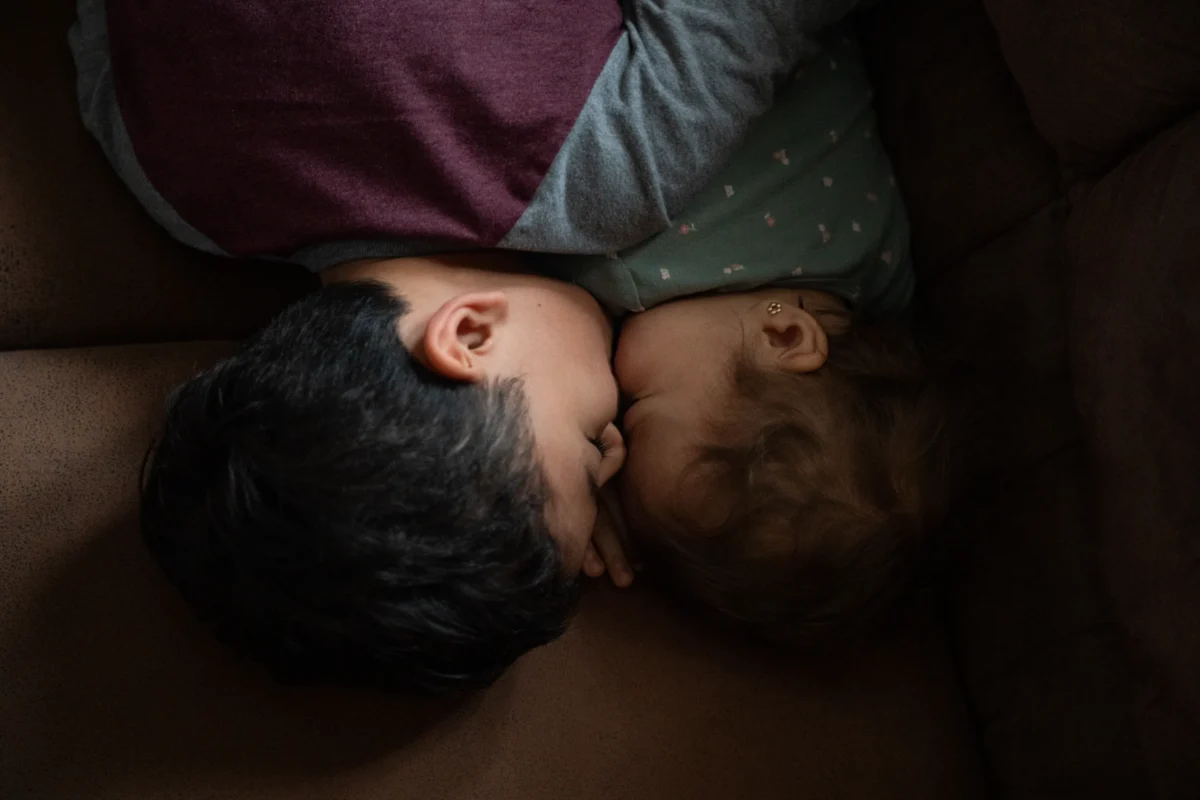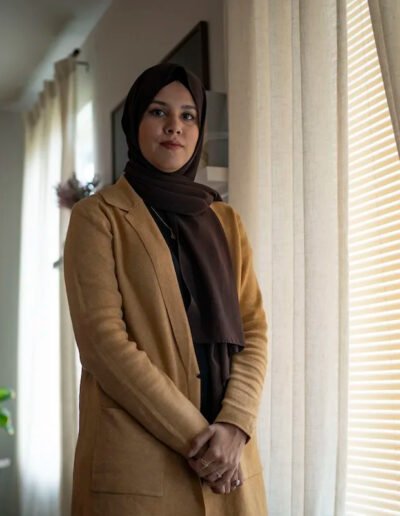
It’s easy—and reasonable—to feel frustrated at the continuous chipping away of our reproductive care resources. The last few years have felt like a trip back in time for women and birthing people. The targeted reduction of reproductive care options not only limits our ability to shape our own lives and impact our families and communities, it disproportionately impacts Black and brown folks. Reproductive agency is a fundamental element of our overall health and wellness. Like many states nationwide, Texas isn’t immune to what’s happening. (In some cases, we’ve even led the way). Despite this, advocates and allies are on the ground to make sure Texans can get the reproductive care they deserve.
Reproductive justice, or the human right to maintain personal bodily autonomy, choose whether or not to have children, and parent the children we have in safe communities, is essential to combat measures designed to limit reproductive agency. Thankfully the work is already underway in DFW. Not surprisingly, a number of those on the front lines are the very Black and brown folks who are particularly vulnerable to the outcomes stemming from a lack of reproductive agency.
If you need help locating care reproductive justice-minded care resources in Dallas-Fort Worth, read on.
Trust Her
Trust Her is a Virtual Dallas-based initiative. Trust Her works to remove barriers to birth control so women, girls, and birthing people can make the best decisions for their families.
The organization does this by collaborating with city and county agencies, healthcare providers, and local communities to expand women’s health services in Dallas County.
Trust Her streamlines this process and connects Dallas County residents who are uninsured or meet income limits with providers who help them receive free birth control. The initiative helps them in programs like Medicaid and Healthy Texas Women to receive their preferred birth control method, pregnancy tests, IUDs, arm implant removals, and STI testing.
Abide Women’s Health Services
View this post on Instagram
Black women face 3-4 times the risk for pregnancy-related death than white women. Black-led, easy access clinic Abide Women’s Health Services in South Dallas is mindful of the systemic factors, namely racism, that cause these disparities.
Abide Women’s Health Services works to change these outcomes by addressing the problems that cause racial health disparities with pregnancy testing, supportive pregnancy care, childbirth education, postpartum care, and doula support. They also provide group-based prenatal care, childbirth education, ultrasounds, and breastfeeding support.
The facility is open Tuesday through Thursday from 10 a.m. to 6 p.m.
Dallas Birth
Black midwives are severely underrepresented in the United States. Thankfully, the Dallas Birth team provides community access to certified professional midwives, social workers, and a placenta encapsulation specialist.
Their midwifery services include prenatal, labor and birth, postpartum, and well-baby care. Dallas Birth also provides counseling and education for individuals and couples in collaboration with Soulfully Rooted Wellness, a Black-led, Plano-based therapy practice. Services include therapy, birth story processing, postpartum prep class, and bringing baby home workshops. Lactation support and placental encapsulation are also offered.
RootMama
Duncanville-based wellness company RootMama was founded by Freya Morani, a certified doula, trained breastfeeding educator, childbirth educator, and wellness coach. The practice is inspired by Afrocentric principles and the legacies of the Black midwife in the rural South.
Root Mama helps beyond pregnancy, too. In addition to supporting clients with home births and at birthing centers hospitals, they offer pregnancy support, birth and postpartum doula services, prenatal education and childbirth preparation guidance, and herbal products and wellness guidance to meet women at every stage of their reproductive journey.
Lovers Lane Birth Center
View this post on Instagram
The only Black-owned birthing center in DFW, Lovers Lane Birth Center has served North Texas families for over 20 years. Purchased by Certified Nurse Midwife Krystal Brown in 2021, it’s a two-midwife team practice that supports birthing people via its birth center. They also attend to home births and offer well-woman gynecological care attended by Brown or her medical partner, Certified Professional Midwife Kristy Hammack.
The best news: They accept many major insurances, including Medicaid and cash-pay options.
Quanita Crable
Both Black women and birthing people need comprehensive routine care. Research shows outcomes are better when Black folks have access to Black providers.
Dr. Quanita Crable is a board-certified gynecologist who provides comprehensive reproductive health care. Her practice offers general gynecological services like routine examinations, cancer screenings, UTI tests, and STD screens, as well as surgical procedures like hysterectomy, colposcopy, and endometriosis support.
The facility is open Monday through Thursday, 8:30 a.m. – 4 p.m., and 8:30 a.m.- 12 p.m. on Fridays.
The Afiya Center
View this post on Instagram
When we think about mainstream reproductive care, chronic illnesses like HIV are rarely considered.
Led by Black women, The Afiya Center was founded in direct response to racial disparities in HIV diagnoses for Black women and girls in Texas.
This organization supports Black women with resources, education, and a space for community conversation. They also offer support programs for Black women and girls living with HIV, doula training, and host occasional easy-access clinics.
They also provide abortion advocacy support and run a practical support fund, Support Your Sistah, that assists abortion clients with transportation, drop-in childcare, and offers limited funding for abortion procedures.
The organization hosts the Black Womxn Reproductive Justice Summit each year, which will take place from May 23-26.





















